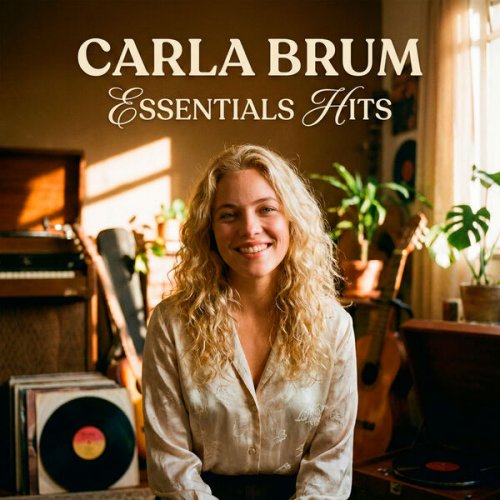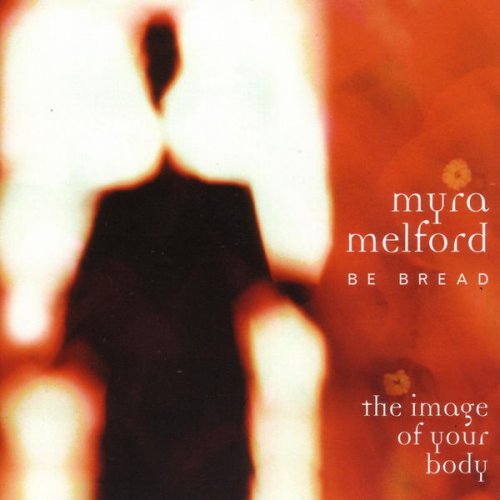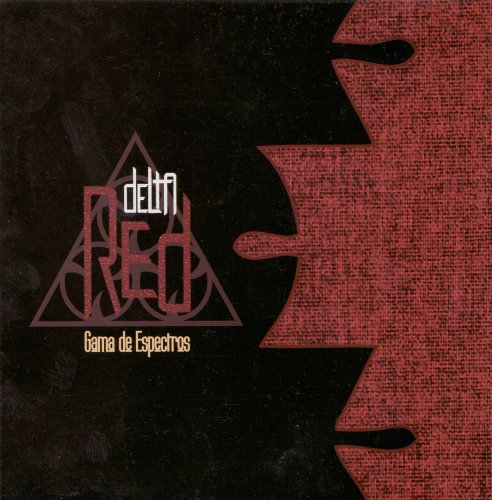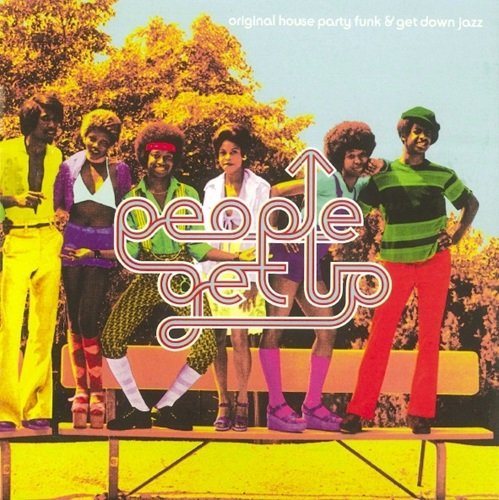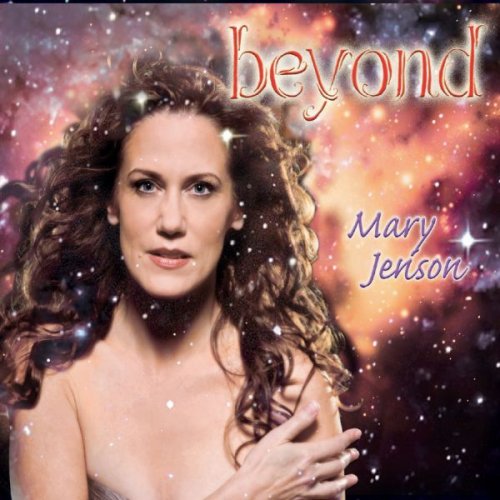Artis Quartet - Wellesz: String Quartets Nos 3, 4, 6 (2008) CD-Rip
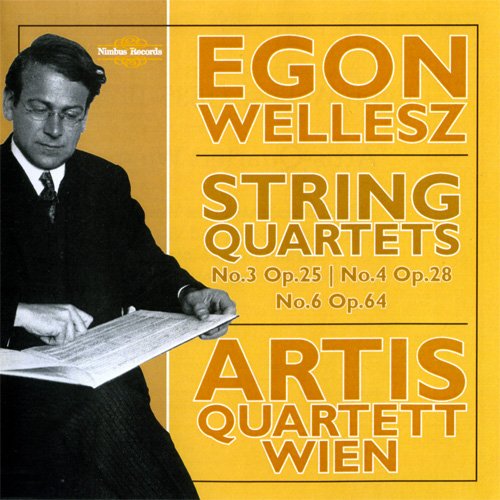
Artist: Artis Quartet
Title: Wellesz: String Quartets Nos 3, 4, 6
Year Of Release: 2008
Label: Nimbus
Genre: Classical
Quality: FLAC (image+.cue,log,scans)
Total Time: 62:35
Total Size: 298 Mb
WebSite: Album Preview
Tracklist: Title: Wellesz: String Quartets Nos 3, 4, 6
Year Of Release: 2008
Label: Nimbus
Genre: Classical
Quality: FLAC (image+.cue,log,scans)
Total Time: 62:35
Total Size: 298 Mb
WebSite: Album Preview
01 Str Quartet No 3, Op 25 - I. Langsam
02 II. Leidenschaftlich bewegt
03 III. Sehr gedehnt
04 IV. Anmutig bewegt, Heiter
05 Str Quartet No 4, Op 28 -I. Sehr gehalten
06 II. - Massig bewegt
07 III. - Sehr langsam
08 IV. - Allmahich in ein rasches Zeitmass ubergehen
09 V. - Getrogen
10 Str Quartet No 6, Op 64 -I. Grave-Comodo
11 II. Allegretto
12 III. Andante, molto tranquillo
13 IV. Poco animato Grazioso
Performers:
Artis Quartet Wien
Peter Schuhmayer, 1st violin
Johannenes Meissl, 2nd violin
Herbert Kefer, viola
Othmar Muller, cello
Chances are if you have heard of Austrian composer Egon Wellesz at all, it has been through his association with Arnold Schoenberg. Wellesz, the same age as Alban Berg, was one of Schoenberg's earliest students and wrote the first book-length biography of the composer in 1921, a study that both posterity and its subject regarded as something of a classic. Not all of Schoenberg's dealings with Wellesz were as rosy; Wellesz got his first publishing contract with Universal Edition before Berg or Webern, and Schoenberg was rather miffed that Wellesz simply wouldn't wait his turn. He died in 1974, later than most of Schoenberg's Austrian students, but in posterity's eyes, he has been doing exactly that ever since: waiting his turn. While much of his sizeable output has been recorded, Wellesz's music simply hasn't caught on apart from a short piano piece or two commonly used in teaching. Wellesz settled in England for good with the outbreak of World War II, and it is from England that this Nimbus Records disc of three of Wellesz's nine string quartets originate, featuring the Viennese Artis Quartett in able, even loving, performances of these almost never heard works.
If one could have imagined being an editor at Universal Edition in 1918 and hearing Wellesz's Quartet No. 3, the desire to publish such a work would be, indeed, immediate; witness its strong themes, inventive use of color, and seamless forward trajectory. This piece sounds exactly like what the composer of Verklärte Nacht might have done had he elected to stay within that idiom, although the slower sections in the first and last movements have an underpinning of joie de vivre that are not Schoenbergian. One might be tempted that such closeness to the master's once-used and never again exploited concepts would factor in the level of ire directed toward the student, but this is not the case; when finished, Wellesz simply tucked this excellent quartet away and it wasn't heard until 1997. The fate of the concise, moody Quartet No. 4 (1920) was quite different; it was first performed by the Kolisch Quartet in 1922, and proved an immediate hit. Superficially, it's rather like some of the slower parts of Berg's Lyric Suite meets the black and white music of Bernard Herrmann's soundtrack music for Psycho, except that neither of these works had been written. In retrospect, Wellesz's Quartet No. 4 isn't as effective as the Berg, however it stands as compelling in its own right; there is a serious, but calm and authoritative sense of resolve that keeps it on track and stylistically distinct.
The Quartet No. 6 dates from 1947 and was among the first pieces Wellesz undertook after breaking a long creative silence that began even before he fled Vienna. Webern had not long before been killed in a case of mistaken identity, all Europe lay in ruins, and this quartet taps into that stream of events in a deeply emotional way. It is vaguely neo-classical to the extent that Wellesz was consciously attempting to continue the grazioso style of Schubert, but it is Schubert as seen through the filter of the Second Vienna School, and on the other side of World War II. It is a very moving quartet, although a little too concise; some movements break off as though Wellesz can simply no longer tolerate the strain of continuing.
The Artis Quartett is certainly the right vehicle for this material; it plays the well-known string quartet literature by the Second Vienna School "big three" all the time, and even studied it with one of the truly great quartets most readily associated with such literature, the LaSalle Quartet. Indeed, it is a pity that the LaSalle never got to these works, but listening to Artis Quartett play them is probably as close to such an experience as one is able to get. The Artis Quartett is also noted for its unusual preference to play standing up, but if you are a listener with considerable depth in the Second Vienna School, you might want to listen to this sitting down. It might not speak for the remainder of Wellesz's extensive worklist; after all, a good deal of it is already out there that has not gained such attention that would lead to a full-scale revival of interest in his work. Nevertheless, these three quartets seem like lost chapters from the main book of the Second Vienna School rather than something that belongs in an appendix.
If one could have imagined being an editor at Universal Edition in 1918 and hearing Wellesz's Quartet No. 3, the desire to publish such a work would be, indeed, immediate; witness its strong themes, inventive use of color, and seamless forward trajectory. This piece sounds exactly like what the composer of Verklärte Nacht might have done had he elected to stay within that idiom, although the slower sections in the first and last movements have an underpinning of joie de vivre that are not Schoenbergian. One might be tempted that such closeness to the master's once-used and never again exploited concepts would factor in the level of ire directed toward the student, but this is not the case; when finished, Wellesz simply tucked this excellent quartet away and it wasn't heard until 1997. The fate of the concise, moody Quartet No. 4 (1920) was quite different; it was first performed by the Kolisch Quartet in 1922, and proved an immediate hit. Superficially, it's rather like some of the slower parts of Berg's Lyric Suite meets the black and white music of Bernard Herrmann's soundtrack music for Psycho, except that neither of these works had been written. In retrospect, Wellesz's Quartet No. 4 isn't as effective as the Berg, however it stands as compelling in its own right; there is a serious, but calm and authoritative sense of resolve that keeps it on track and stylistically distinct.
The Quartet No. 6 dates from 1947 and was among the first pieces Wellesz undertook after breaking a long creative silence that began even before he fled Vienna. Webern had not long before been killed in a case of mistaken identity, all Europe lay in ruins, and this quartet taps into that stream of events in a deeply emotional way. It is vaguely neo-classical to the extent that Wellesz was consciously attempting to continue the grazioso style of Schubert, but it is Schubert as seen through the filter of the Second Vienna School, and on the other side of World War II. It is a very moving quartet, although a little too concise; some movements break off as though Wellesz can simply no longer tolerate the strain of continuing.
The Artis Quartett is certainly the right vehicle for this material; it plays the well-known string quartet literature by the Second Vienna School "big three" all the time, and even studied it with one of the truly great quartets most readily associated with such literature, the LaSalle Quartet. Indeed, it is a pity that the LaSalle never got to these works, but listening to Artis Quartett play them is probably as close to such an experience as one is able to get. The Artis Quartett is also noted for its unusual preference to play standing up, but if you are a listener with considerable depth in the Second Vienna School, you might want to listen to this sitting down. It might not speak for the remainder of Wellesz's extensive worklist; after all, a good deal of it is already out there that has not gained such attention that would lead to a full-scale revival of interest in his work. Nevertheless, these three quartets seem like lost chapters from the main book of the Second Vienna School rather than something that belongs in an appendix.
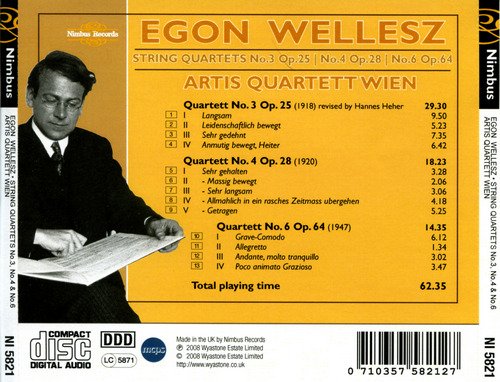
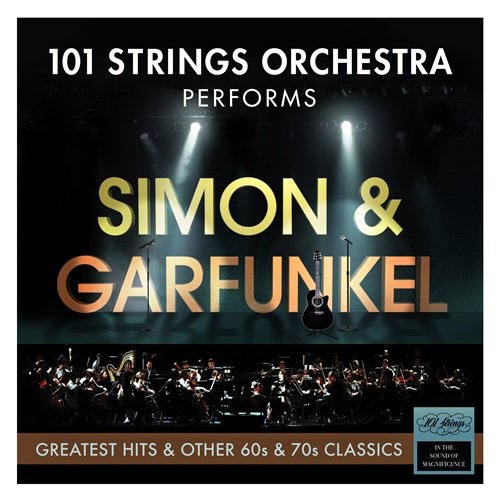
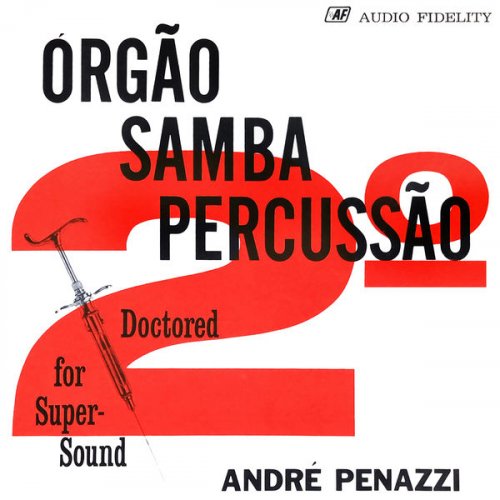
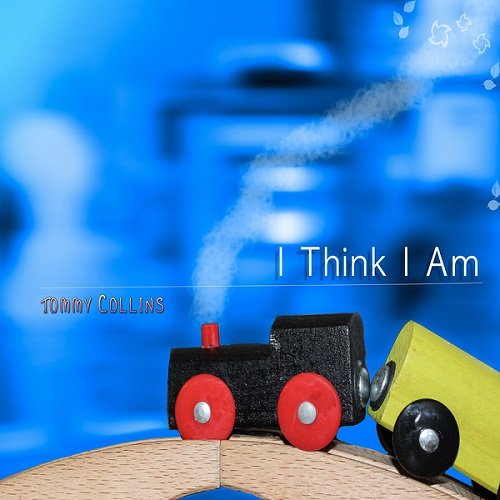
![Genre - Commercial Success (2026) [Hi-Res] Genre - Commercial Success (2026) [Hi-Res]](https://www.dibpic.com/uploads/posts/2026-01/1768906441_j1odg2907l945_600.jpg)
